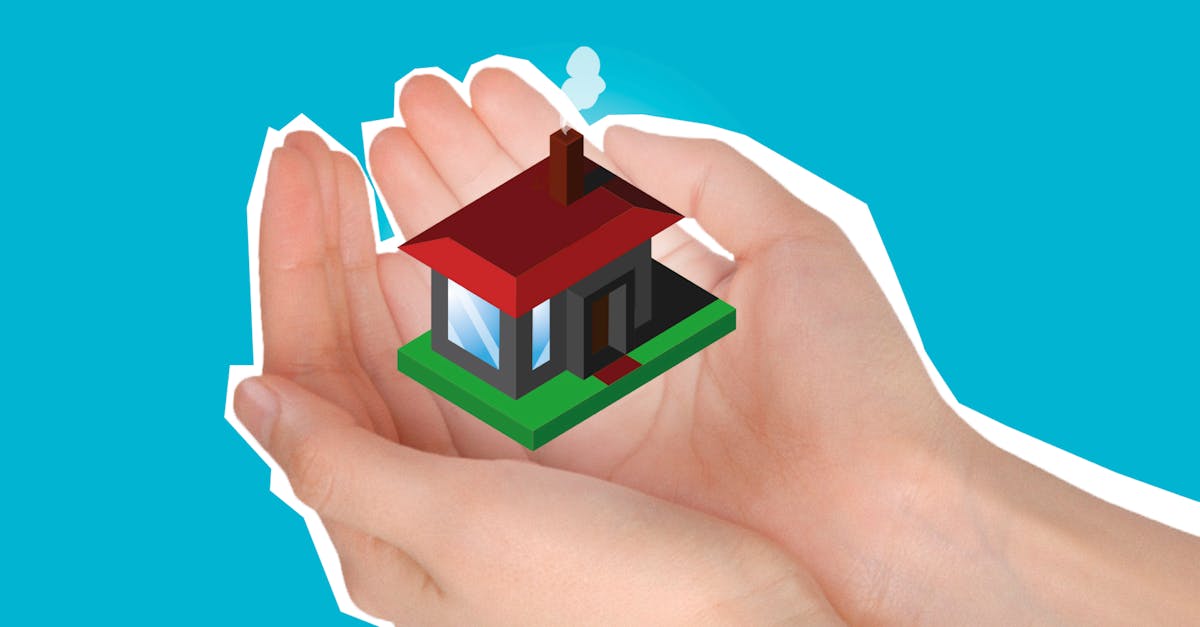
Introduction
In today's world, consumers often find themselves in need of extra funds. Whether for home improvements, debt consolidation, or unexpected expenses, choosing the right loan type is crucial. This article will delve into personal loans and home equity loans, offering insights to help you make an informed decision.
What is a Personal Loan?
A personal loan is an unsecured loan that individuals can use for virtually any purpose. Unlike a mortgage or auto loan, it doesn't require collateral. With a fixed interest rate and a predetermined repayment schedule, it provides reliable planning for borrowers. Banks, credit unions, and online lenders are common sources for personal loans.
The Basics of Home Equity Loans
Home equity loans allow homeowners to borrow against the equity they've built in their property. Often termed as a 'second mortgage,' this loan is secured, using the home as collateral. Home equity loans offer fixed interest rates and are repaid over an agreed term, making them attractive for large projects or investments.
Interest Rates: Personal vs. Home Equity
One of the most significant distinctions between personal and home equity loans is the interest rate. Typically, personal loans come with higher interest rates due to the lack of collateral. Conversely, home equity loans usually boast lower rates since they are secured against the property, minimizing the lender's risk.
Loan Amount and Flexibility
When considering the amount you can borrow, home equity loans often allow for larger sums, as they are based on the available home equity. Personal loans, however, are generally smaller, but they offer greater flexibility in terms of usage. While home equity loans can be restrictive, limiting use to specific purposes, personal loans adapt to a range of needs.
Time Frame and Repayment
The length of repayment also varies between these two loan types. Personal loans present shorter repayment terms, typically ranging from 1 to 7 years. On the other hand, home equity loans, much like mortgages, enable longer repayment periods, potentially extending up to 30 years. The choice depends on how quickly borrowers wish to become debt-free.
Consideration of Risks
Risk assessment is crucial when making a decision. With personal loans, defaulting affects your credit score foremost, although legal actions may follow. However, with home equity loans, your property is at stake. Failure to meet payments might lead to foreclosure, so ensure monthly obligations align with your financial capacity.
Tax Implications
Another factor to contemplate is the tax implications. Interest paid on home equity loans may be tax-deductible if used for home renovations. Personal loan interest, however, usually isn't tax-deductible. If tax savings are a priority, home equity loans might prove beneficial, contingent on adhering to IRS guidelines.
When to Choose Each Loan Type
Selecting the right loan revolves around your personal circumstances. Opt for a personal loan if you value flexibility, need a smaller amount, or cannot risk collateral. Choose a home equity loan if lower interest rates, larger sums, and potential tax deductions play into your objectives and your financial situation is stable enough to manage associated risks.
Conclusion
Deciding between personal loans and home equity loans hinges on understanding their characteristics and aligning these with your financial goals. Assessing the interest rates, borrowing limits, repayment terms, and inherent risks ensures a well-rounded decision. Ultimately, choose the path that supports your current and future financial well-being.